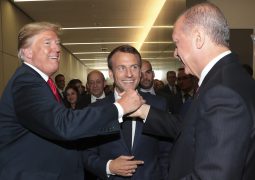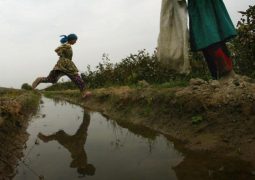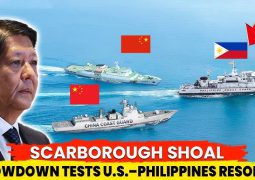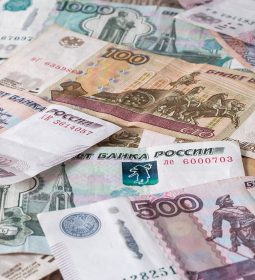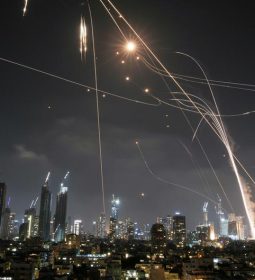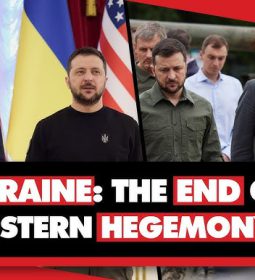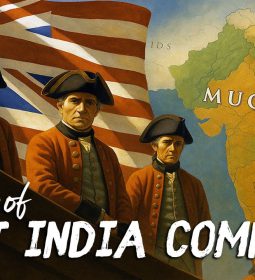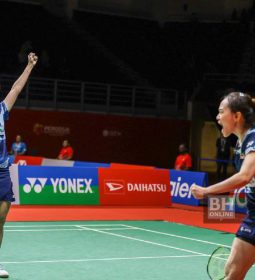Philippine president to bring police back into war on drugs

Philippine President Rodrigo Duterte said on Tuesday he would recall some police to fight his controversial war on drugs, nearly a month after suspending the entire force from all operations in the bloody narcotics crackdown.
In an about-face on his decision to remove the 160,000-member Philippine National Police (PNP) from his signature campaign, Duterte said the country was beset by security and law enforcement challenges and he needed more manpower to sustain the crackdown on drugs.
“So, I need more men. I have to call back the police again to do the job most of the time on drugs, not everyone,” he told reporters.
Duterte has been scathing in his criticism of a police force he declared “corrupt to the core” after it was discovered that rogue drugs squad officers had kidnapped and killed a South Korean businessman at the PNP headquarters.
His decision to bring some police back into the campaign comes after a month of uncertainty about whether he would maintain the momentum of a merciless campaign that has defined his eight-month-old presidency, and has earned him international notoriety.
More than 7,700 people have been killed since his first day in office, some 2,555 in operations in which police said drug suspects resisted arrest.
Activists believe that extrajudicial killings have taken place during sting operations, and that many of the other killings were carried out secretly by police, or assassins working for them.
Authorities vigorously reject the allegations.
Since the Jan. 30 police suspension, the drug trade has come back out of the shadows, more than half a dozen drug users and dealers in some of Manila’s toughest areas told Reuters.
‘SOONER, THE BETTER’
PNP chief Ronald dela Rosa on Monday warned that gains in the drug war would be lost with police on the sidelines and “the sooner we return, the better”.
The Philippine Drug Enforcement Agency (PDEA), which has only 1,800 members, would lead the anti-drugs campaign, with the support of the military and PNP. Duterte said police would no longer conduct their own operations under his revised strategy.
The armed forces and PDEA signed an agreement on Tuesday to share intelligence and jointly go after “high value targets” in the narcotics business.
The military would provide firepower behind the PDEA in hostile situations, but troops would not be involved in street-level operations.
“It’s meant to be PDEA-supervised, whether done by the military or the police. There should always be a PDEA … who will be supervising everything,” Duterte said.
Duterte has resolutely defended the campaign and lambasted anyone who speaks against it, including world leaders like then U.N. Secretary General Ban Ki-moon and former U.S. President Barack Obama. He has promised to humiliate anyone who is willing to debate him on the issue.
He said he had ordered dela Rosa to recruit young men for task forces who were “imbued with the fervor of patriotism” and not tainted by corruption.
He did not specify what task forces.
“I have to do it because I don’t have enough men,” Duterte added.
PNP spokesman Dionardo Carlos said he was not aware of a decision to re-deploy police for the drugs war.
“We have to await proper instructions and guidelines,” he said. “We need to know where are we on the drug situation and where we left off.”
Separately, the Senate announced on Tuesday it would hold an inquiry into allegations by a retired policeman that Duterte had operated a team of hit men during his 22 years as mayor of southern city of Davao. Duterte’s aides have rejected that.
Former Davao police commanders and the Commission on Human Rights would also be questioned about their previous investigations into a so-called Davao death squad, according to Senator Panfilo Lacson, who will head the inquiry.
(Additional reporting by Enrico Dela Cruz; Editing by Robert Birsel)
- Previous Myanmar army defends operation against Rohingya, denies reports of abuses
- Next Pakistani ex-military leader Musharraf begins TV career as analyst



